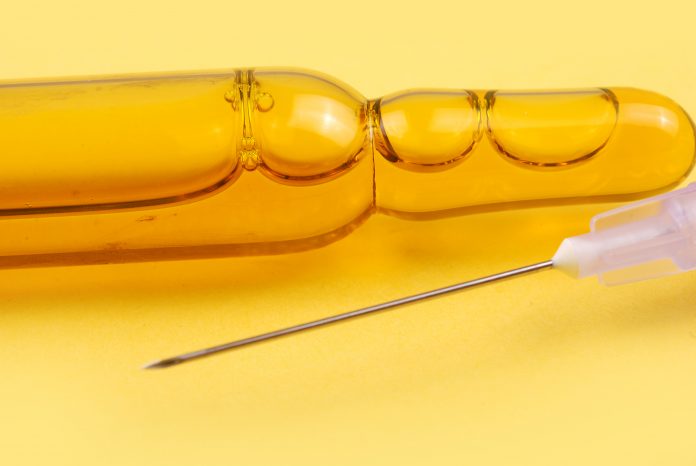The idea is still at an early stage, but initial clinical study results show that immunotherapy against type 1 diabetes could function as a ‘diabetes vaccine’
The study is financed by Diamyd Medical, a pharmaceuticals company, and run by a team of researchers at Linköping University, Sweden. It looks at how type 1 diabetes could be altered, by the injection of a protein (GAD) that would protect the patients’ ability to create insulin.
Johnny Ludvigsson, senior professor in the Department of Biomedical and Clinical Sciences at Linköping University, said: “Studies have shown that even an extremely small production of insulin in the body is highly beneficial for patient health.
“People with diabetes who produce a certain amount of insulin naturally do not develop low blood sugar levels, hypoglycaemia, so easily. They have also a lower risk of developing the life-threatening condition ketoacidosis, which can arise when the insulin level is low.”
When a patient gets type 1 diabetes, their own immune system attacks the cells that produce insulin. If these cells disappear, the body is no longer able to regulate blood sugar and the patient must take insulin actively for the rest of their life.
Can the immune system attack be called off?
Scientists have long wondered if this immune system attack can be stopped or reversed.
One strategy is to change the immune defence, by injecting a protein that is known as GAD65, which is one of the insulin-producing proteins that the body destroys. Professor Johnny Ludvigsson believes that newly diagnosed patients of type 1 diabetes could be injected with GAD, to make their immune system less hostile to the body’s GAD. This way, the immune system would stop attacking insulin-producing cells with such ferocity.
Even a little bit of self-produced insulin would change the life of a type 1 diabetes patient.
In their trial, the team injected Diamyd, aka GAD-alum, into the lymph nodes of 109 young people recently diagnosed with type 1, with a placebo group doing nothing different. Their natural insulin production was then measured, once during the study, then once again after 15 months. How much supplementary insulin both groups needed was also measured.
No diabetes vaccine yet, but potential exists
Unfortunately, there was no significant different between treatment and placebo group.
In a silver lining for the whole experiment though, GAD-alum did have a positive effect for the subgroup of patients who had the DR3-DQ2 variant of HLA genes. This excited the team, who will now follow why this sub-group didn’t lose insulin as quickly as the others.
The concept of a diabetes vaccine is a long way off – especially for those who have been living with type 1 diabetes for a while. But this could be the beginning of a good thing.
Ludvigsson said: “The patients in the subgroup with the DR3-DQ2 type of HLA genes did not lose insulin production as quickly as the other patients. In contrast, we did not see any significant effect in the patients who did not have this HLA type.”











